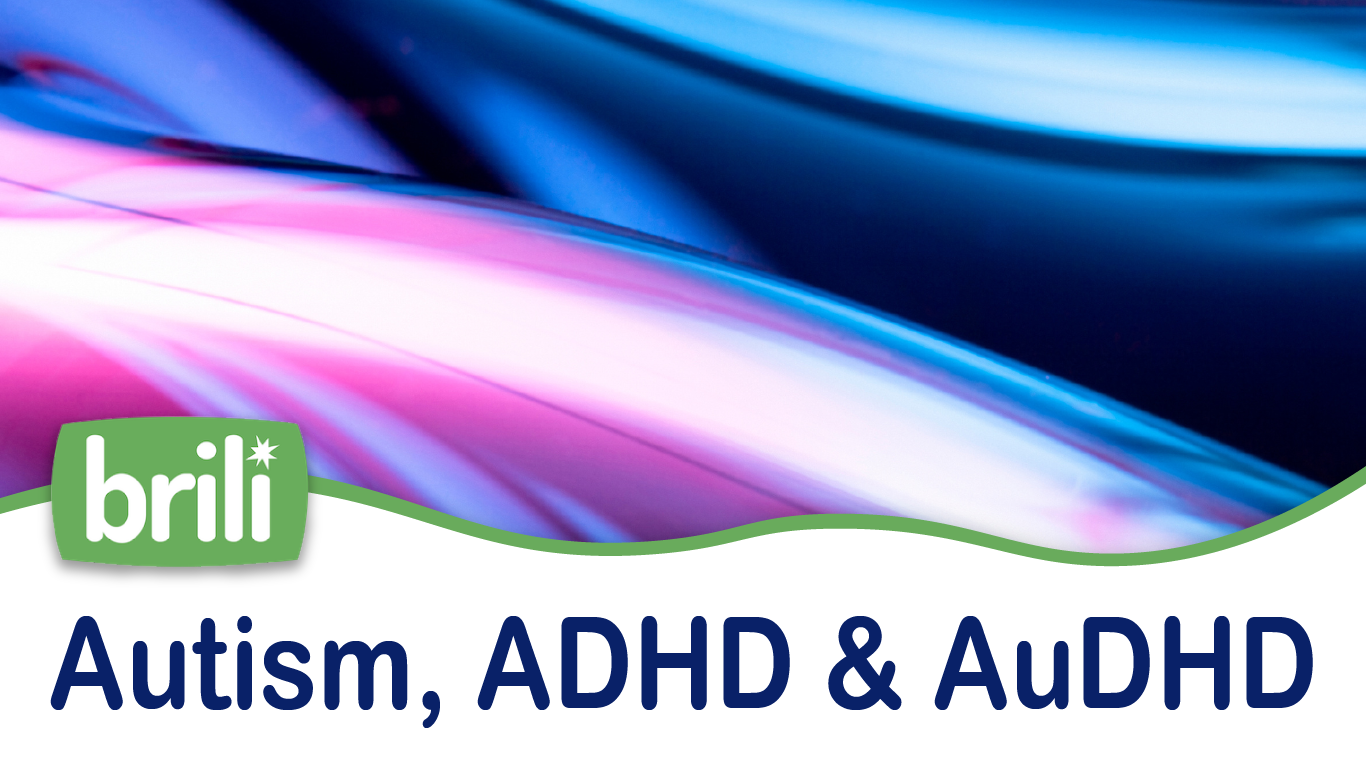Introduction to Audhd
Audhd, short for Auditory Processing Disorder, is a condition that affects how the brain processes auditory information. Unlike hearing loss, where the ears are unable to detect sounds properly, Audhd involves difficulties in understanding and interpreting the sounds that are heard.
It can impact various aspects of life, including communication, learning, and social interactions.
Understanding Audhd Symptoms
What is Audhd?
Audhd is characterized by difficulties in recognizing and interpreting sounds, especially in noisy environments. Individuals with Audhd may have trouble following conversations, distinguishing between similar sounds, and understanding speech, particularly in situations with background noise.
Similarities and Differences with ADHD
While Audhd shares some similarities with Attention Deficit Hyperactivity Disorder (ADHD), they are distinct conditions. Both may involve difficulties with attention and concentration, but Audhd specifically affects auditory processing, whereas ADHD encompasses broader challenges with attention, hyperactivity, and impulsivity.
Recognizing Audhd Symptoms
Symptoms of Audhd can vary widely among individuals but may include:
- Difficulty understanding speech, especially in noisy environments
- Trouble following directions or conversations
- Misinterpreting or mishearing words
- Struggling with reading, spelling, and language comprehension
- Avoidance of noisy or crowded settings
Causes and Risk Factors
Genetic Factors
Research suggests that genetic factors may contribute to Audhd. Individuals with a family history of auditory processing difficulties or other learning disorders may be at a higher risk.
Environmental Factors
Exposure to certain environmental factors, such as prenatal complications, childhood illnesses, or head injuries, could increase the likelihood of developing Audhd.
Neurological Factors
Audhd is believed to involve differences in the way the brain processes auditory information. Neurological factors, including abnormalities in the auditory pathways or central auditory processing centers, may play a role.
Diagnosis and Assessment
Clinical Evaluation
Diagnosing Audhd typically involves a comprehensive clinical evaluation by a qualified healthcare professional. This may include a review of medical history, interviews with the individual and their family, and observations of behavior.
Observation of Behavior
Observing how the individual responds to various auditory stimuli in different settings can provide valuable insights into their auditory processing abilities.
Psychological Tests
Psychological tests, such as auditory processing assessments and standardized cognitive tests, may be conducted to evaluate specific auditory skills and identify areas of difficulty.
Treatment Options
Behavioral Therapy
Behavioral interventions, such as auditory training and speech-language therapy, can help individuals with Audhd improve their auditory processing skills and communication abilities.
Medication
While there are no specific medications approved for treating Audhd, some individuals may benefit from medications commonly used to manage related conditions, such as ADHD or anxiety.
Educational Support
Educational accommodations, such as preferential seating, use of assistive listening devices, and modified learning materials, can support individuals with Audhd in academic settings.
Coping Strategies for Audhd
Lifestyle Modifications
Making lifestyle changes, such as reducing exposure to noisy environments, practicing active listening techniques, and maintaining a consistent daily routine, can help manage Audhd symptoms.
Support Networks
Seeking support from family, friends, and support groups can provide emotional encouragement and practical advice for coping with Audhd challenges.
Stress Management Techniques
Learning stress management techniques, such as relaxation exercises, mindfulness practices, and time management strategies, can help reduce anxiety and improve overall well-being.
Parenting Tips for Audhd Children
Creating Structure and Routine
Establishing clear routines and expectations can provide stability and predictability for Audhd children, reducing anxiety and improving their ability to focus.
Positive Reinforcement
Using positive reinforcement and rewards to encourage desired behaviors can motivate Audhd children and build their confidence.
Open Communication
Maintaining open and honest communication with Audhd children, offering reassurance and support, and listening to their concerns can strengthen parent-child relationships and facilitate problem-solving.
Audhd in Adults
Challenges Faced by Adults with Audhd
Audhd can present unique challenges for adults, impacting various aspects of life, including work performance, social relationships, and self-esteem.
Coping Mechanisms for Adult Audhd
Developing effective coping mechanisms, such as time management strategies, organizational tools, and self-advocacy skills, can help adults with Audhd navigate daily responsibilities and achieve their goals.
Research and Future Directions
Current Research on Audhd
Ongoing research into the underlying causes and mechanisms of Audhd aims to improve diagnostic methods, develop targeted interventions, and enhance understanding of the condition.
Potential Breakthroughs
Advances in neuroscience, technology, and therapeutic approaches hold promise for the future of Audhd treatment and management, offering hope for individuals living with the condition.
Conclusion
In conclusion, Audhd is a complex auditory processing disorder that can significantly impact individuals’ lives. Understanding the symptoms, causes, and treatment options for Audhd is essential for effectively managing the condition and improving quality of life.
FAQs
Can Audhd be cured?
Currently, there is no cure for Audhd, but early intervention and appropriate support can help individuals manage symptoms and improve functioning.
How is Audhd different from ADHD?
While Audhd shares some similarities with ADHD, it specifically affects auditory processing, whereas ADHD encompasses broader challenges with attention, hyperactivity, and impulsivity.
What are the main symptoms of Audhd?
Symptoms of Audhd may include difficulty understanding speech, trouble following directions, misinterpreting words, and struggling with reading and language comprehension.
Is Audhd a recognized medical condition?
Yes, Audhd is a recognized medical condition that affects how the brain processes auditory information. It is often diagnosed and treated by audiologists, speech-language pathologists, and other healthcare professionals.
How can I support a loved one with Audhd?
Supporting a loved one with Audhd involves providing understanding, patience, and encouragement. Educating yourself about Audhd, offering practical assistance, and advocating for their needs can make a significant difference in their well-being.



